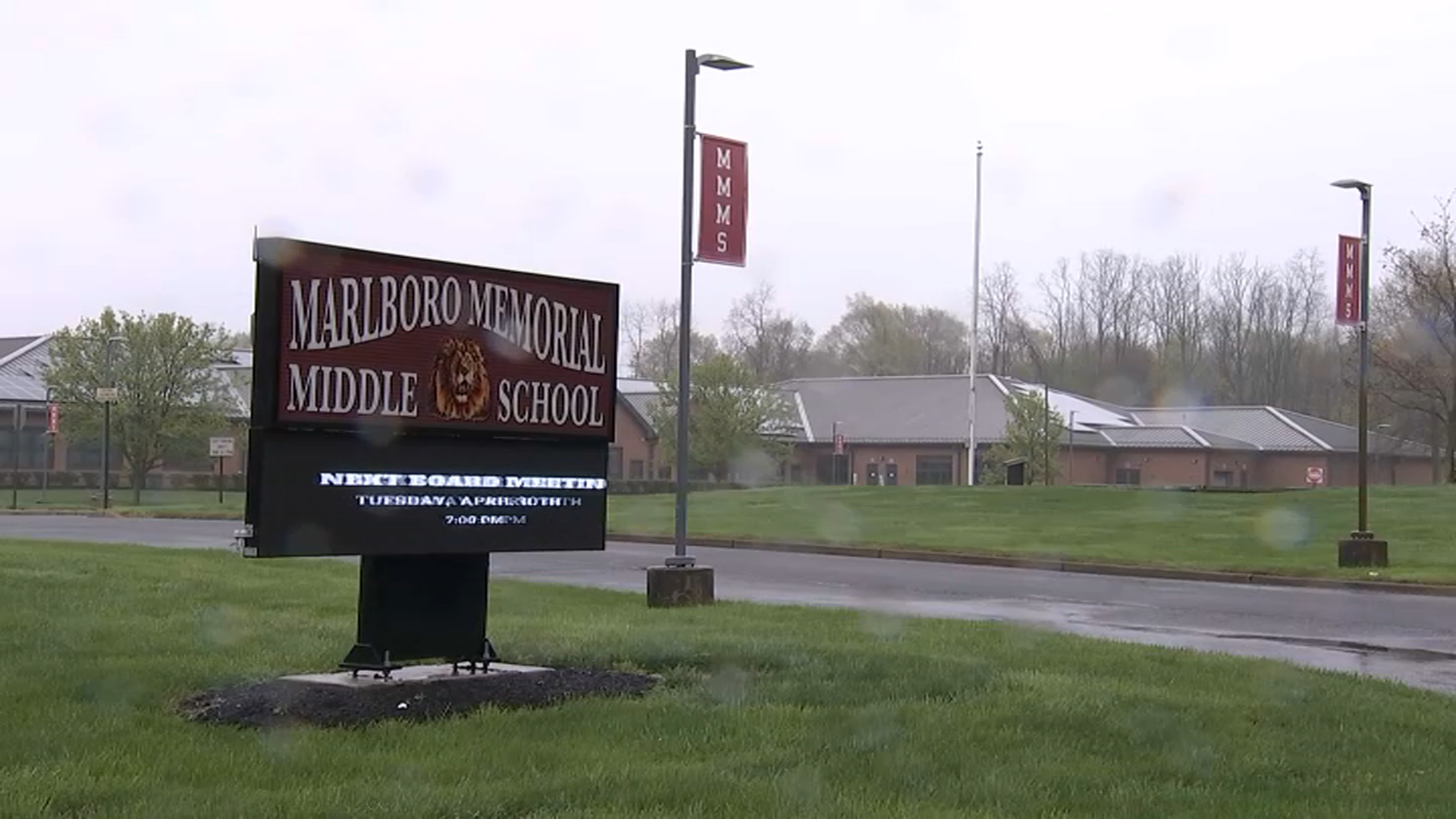What to Know
- Federal judge is weighing whether Newark should expand distribution of bottled water to more residents potentially affected by lead levels
- The judge is considering on Thursday whether the New Jersey city should give water to residents served by the Wanaque treatment plant
- Newark is already giving out water to tens of thousands of residents served by the Pequannock water treatment plant northwest of the city
A federal judge is weighing whether Newark should have to expand its distribution of bottled water to more residents potentially affected by high lead levels.
The judge considered on Thursday whether the New Jersey city should give water to residents served by the treatment plant, as a lawsuit filed by the Natural Resources Defense Council has sought.
"We are trying to protect the water for thousands of residents we want to make sure every resident has water that is safe to drink. Unfortunately, this has dragged on too long," attorney Erik Olson said.
Residents on the east side of the city are looking to receive bottled water like those on the south and west sides.
Newark is already giving out water to tens of thousands of residents served by the Pequannock water treatment plant northwest of the city. Residents have received filters, but a test of three homes recently showed levels hadn't fallen below allowable thresholds.
“This is such a dangerous thing. And we tried to warn city officials and we asked for their help and were literally just ignored,” resident Shakima Thomas said.
The city has challenged the NRDC's contentions that the expansion is necessary, saying the measures already taken this year have reduced the risk for those residents. City officials also said that giving bottled water to those on the east side would be a waste of resources. An expert testified Thursday that providing two cases of water per week for three months to qualifying households — those with a pregnant woman or young children or both — would cost about $300,000.
The judge heard arguments from both sides Thursday and will hear more on Friday. A ruling could come as early as that time, or possibly next week.
Local
The order from the EPA to utilize bottled water came Monday after after two of three households in the Pequannock service area that had received filters from the city still showed lead levels above 15 parts per billion, the allowable threshold.
Newark has come under scrutiny in the past year since the resources council sued and claimed the city dragged its feet after its corrosion control system was found to be failing in 2017 and downplayed the severity of the problem when it notified residents.
Since then, the city implemented a new system that introduces orthophosphate into the water that acts as a coating on the inside of lead service lines to reduce leaching. It also distributed nearly 40,000 filters to residents and created a plan to replace the 18,000 residential lead service lines in the city, expected to take as long as a decade and cost millions.
The city also closed off gates and valves where water from the two systems was comingling; the resources council has said that blending might have compromised the water coming from the Wanaque plant.
City and state officials are working with the EPA to figure out whether the recent high readings in the Pequannock homes were caused by incorrect use or installation of the filters or whether the filters themselves were defective. The filters are EPA-approved and were used in Flint, Michigan, during that city's lead crisis, state officials said this week.
Attorneys for Newark used the example of Flint and other cities to attempt to show that distributing bottled water isn't a first option even when levels exceed the EPA threshold. Giammar, the resources council expert, conceded on cross-examination that Providence, Rhode Island, where he was an adviser to the city's primary water company, had exceeded the levels more than 10 times in a 10-year period but hadn't distributed water.



